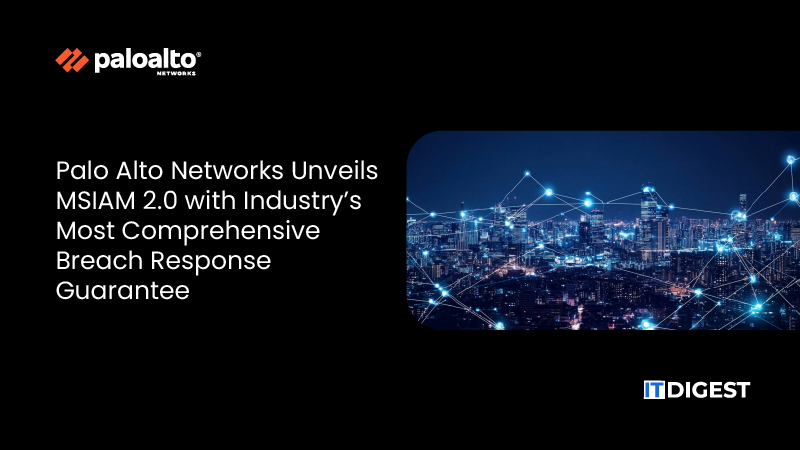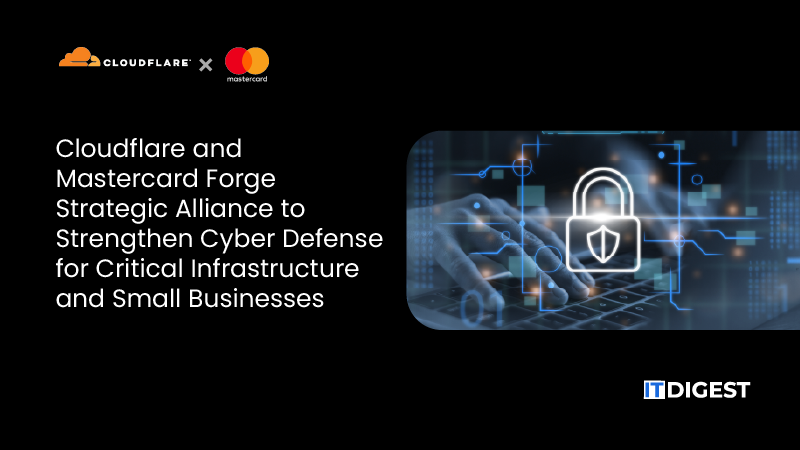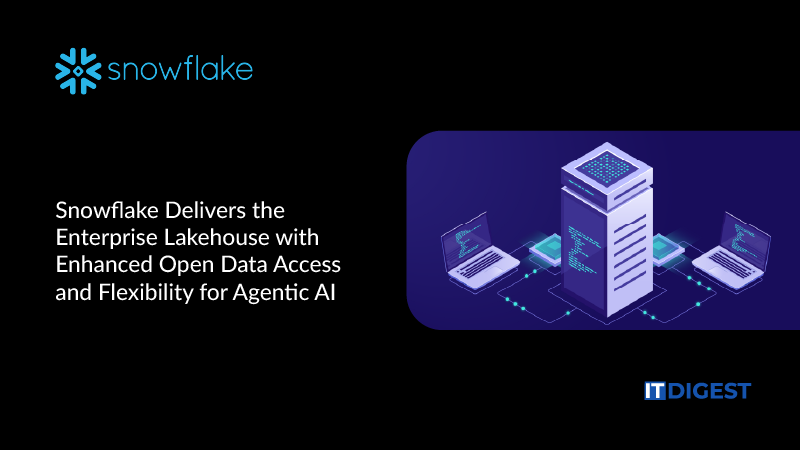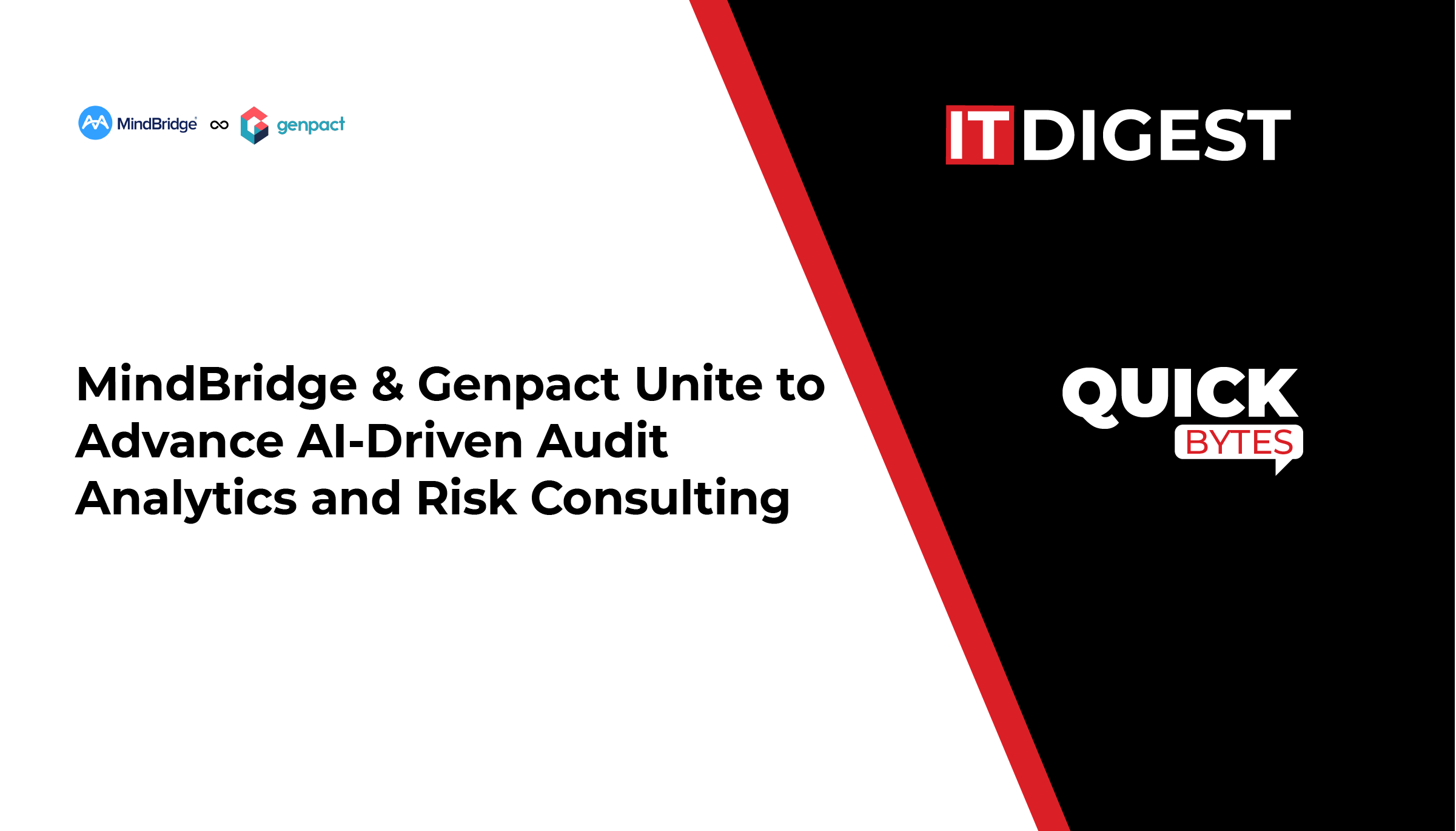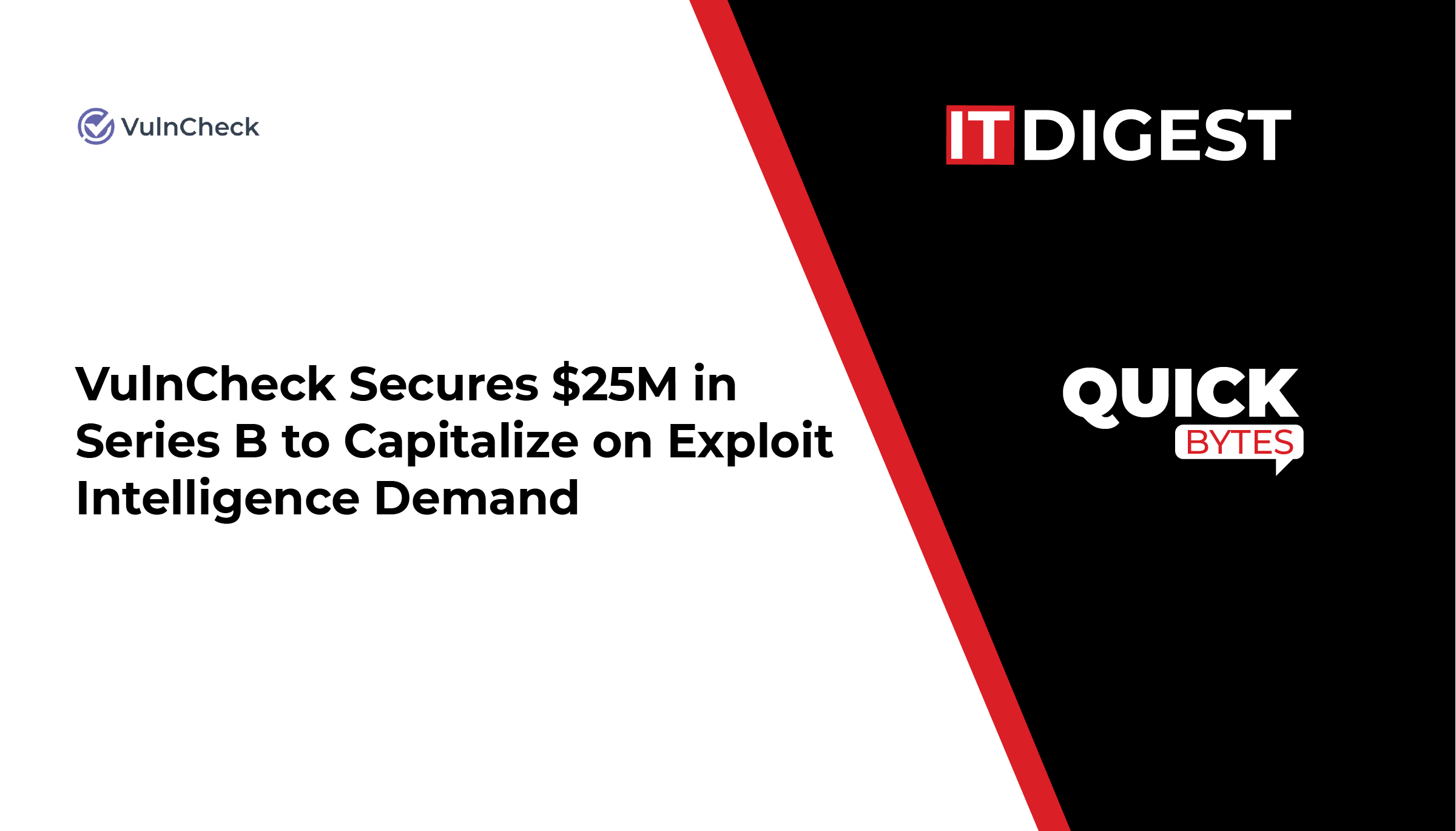Snowflake, the AI Data Cloud company, introduced major enhancements to its platform that simplify how organisations ingest, access and govern their data across the full data lifecycle effectively redefining the enterprise lakehouse for the AI era.
With new advancements to Snowflake Horizon Catalog and Snowflake Openflow (now generally available), enterprises can unify data from disparate sources and catalogs making it accessible for AI agents to generate business value all while maintaining consistent built-in security and governance. Snowflake is also making it easier for organisations to power AI agents and apps by using live data with its newly introduced Interactive Tables and Warehouses (available soon), along with Snowflake Postgres (public preview soon).
“The enterprise lakehouse represents the evolution of how organizations manage and activate data for AI,” said Christian Kleinerman, EVP of Product, Snowflake. “With advancements to Horizon Catalog, we’re giving enterprises context and governance for AI across all their data by default wherever it lives, and without vendor lock-in. Coupled with Openflow and Snowflake Postgres, it’s now even easier for customers to connect and use their data securely, turning every dataset into the fuel for intelligence.”
“In the marketing industry, data is everything and at Merkle, protecting that data and our customers’ privacy is paramount,” said Peter Rogers, EVP, Head of Data and Technology, Americas, Merkle. “With Snowflake’s Horizon Catalog, built from the ground up with security and governance at its core, we can ensure customer data, including sensitive identity information, is handled responsibly while safeguarding customer trust.”
Expanding interoperability across the enterprise lakehouse
Many organisations face significant obstacles when building AI strategies due to fragmented governance and siloed data systems. In fact, 80% of IT leaders cite data silos as the primary barrier. Horizon Catalog addresses these issues by providing context for AI and a unified security/governance framework that spans all regions, clouds and formats fully interoperable, without vendor lock-in.
Horizon Catalog is designed to work with any engine, any data format and any location from native Snowflake objects, open table formats like Apache Iceberg and Delta Lake, to relational databases such as SQL Server and PostgreSQL.
By integrating open APIs from Apache Polaris (Incubating) and the Iceberg REST Catalog into Horizon Catalog, Snowflake provides customers with a true enterprise-lakehouse: centralised governance, security and interoperable access management across data in open table formats.
These innovations allow external engines to securely access Iceberg tables (public preview coming) and enable creation, updates or management of Iceberg tables (private preview) from one governed environment. Organisations now gain flexibility to choose the best tools for their workloads while sharing and connecting from a single copy of data.
Also Read: Precisely Partners with AWS to Enable Near Real-Time Mainframe Data Streaming via Amazon MSK
Additionally, Snowflake is enhancing data resilience by offering Business Continuity and Disaster Recovery (public preview) for managed Iceberg tables helping enterprises protect critical data across their lakehouse.
With Openflow, enterprise users can automate integration and ingestion from virtually any source, making centralisation of data within the enterprise lakehouse simpler. Hundreds of customers including Brightfire, EVgo, and Intelitics already use Openflow to unify varied data types and formats to deploy AI innovations more rapidly.
Snowflake is also expanding integration via its partnership with Oracle (private preview) to bring near-real-time change data capture through Openflow, streaming transactional updates into the Snowflake AI Data Cloud.
Powering immediate insights and near real-time experiences
As the expectations for speed and interactivity increase, organisations are under growing pressure to deliver data-driven experiences in real time. Snowflake tackles this with the introduction of Interactive Tables and Interactive Warehouses, designed to deliver low-latency, high-concurrency analytics that make insights feel instantaneous. Teams can now reach sub-second results instead of waiting minutes and built on live data within the governed Snowflake platform.
By going beyond traditional batch analytics, organisations can power intelligent apps and AI agents without the overhead of complex infrastructure.
Moreover, Snowflake is introducing near-real-time streaming analytics (private preview), allowing organisations to act on live data within seconds using familiar secure tools. With built-in support for data streams like Kafka and Kinesis, customers can combine live data with historical context to address use cases including fraud detection, personalization, recommendations, observability and IoT monitoring.
Delivering enterprise-grade capabilities that fuel AI agents and apps
In recognition that many enterprises have separated transactional and analytical systems (often from Postgres vs data-warehouse), Snowflake following its acquisition of Crunchy Data has introduced Snowflake Postgres, a fully-managed service that brings Postgres workloads onto the Snowflake platform. This capability allows transactional, hybrid and analytical workloads to reside natively on Snowflake enabling organisations to build AI agents and intelligent apps on operational data.
Snowflake is also open-sourcing pg_lake (generally available), a set of Postgres extensions to help developers and data engineers integrate Postgres with a lakehouse system. With pg_lake, developers can query, manage and write to Iceberg tables using standard SQL continuing to use their familiar Postgres environment while activating lakehouse data.
In a parallel move, Snowflake continues to merge transactional and analytical workloads through major advancements in Snowflake Unistore, powered by Hybrid Tables (generally available on Microsoft Azure). These Hybrid Tables enable organisations to simplify data management and build lightweight transactional apps on Snowflake. To meet enterprise-grade security requirements, Snowflake recently introduced enhanced security capabilities for Hybrid Tables including Tri-Secret Secure support (generally available) with a customer-managed key and periodic re-keying (generally available) to strengthen data protection and aid regulatory compliance.







